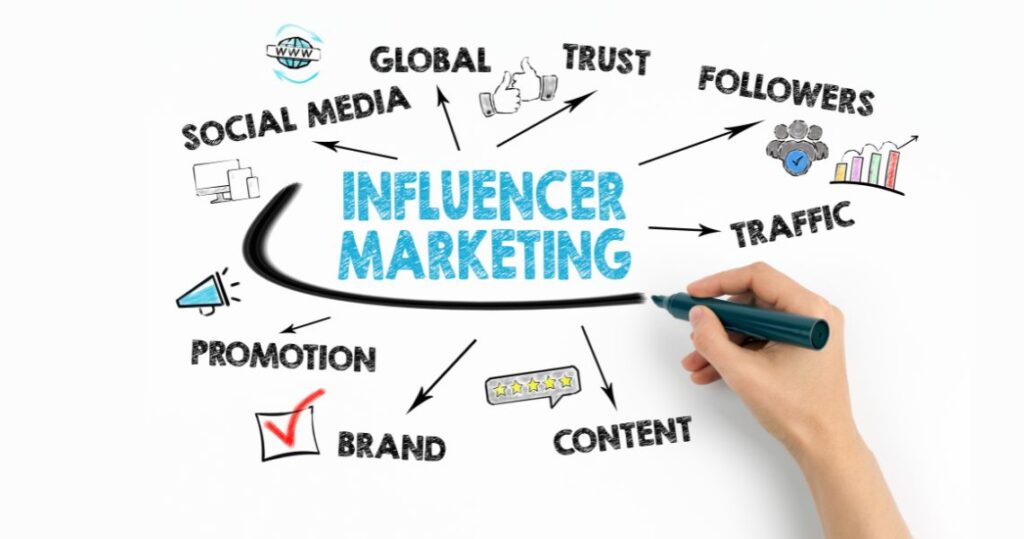In todays digital age, influencers have become powerful voices shaping public opinion and driving consumer behavior. However, the phenomenon of influencer scandals impact has emerged as a significant concern for brands and marketers alike. This article delves into how these scandals not only affect the influencers involved but also have far-reaching consequences on brands, audiences, and the broader marketing landscape.

What are Influencer Scandals?
Influencer scandals refer to controversies involving social media personalities whose actions or statements generate public backlash. These incidents can range from minor missteps to major ethical breaches, and their impact can reverberate across social media platforms and beyond. The primary keyword, influencer scandals impact, highlights the significance of understanding these events.
The Rise of Influencer Marketing
Influencer marketing has gained traction as a powerful tool for brands seeking to connect with target audiences. By leveraging the popularity and credibility of influencers, companies can enhance brand visibility and drive sales. Yet, the trust that influencers build with their followers is fragile and can be easily shattered by scandals.
Why Scandals Matter for Brands
When an influencer becomes embroiled in a scandal, it can have a direct impact on brands that have partnered with them. Consumers often associate the brand with the influencer’s actions, leading to potential damage to the brand’s reputation. This association underscores the importance of carefully selecting influencers for collaborations.
The Audience’s Perspective
Audiences play a crucial role in the dynamics of influencer scandals. Followers may feel betrayed when an influencer they admire gets involved in a scandal, leading to a loss of trust. This erosion of trust can affect the influencers ability to sway their audience’s opinions and purchasing decisions.
Trust and Credibility
Trust is the cornerstone of influencer marketing. Scandals can significantly undermine an influencer’s credibility, making it challenging for them to regain their audience’s trust. Brands must consider the long-term implications of associating with influencers who have a tarnished reputation.
Case Studies: Influencer Scandals
Exploring real-life examples of influencer scandals can provide valuable insights into their impact. By analyzing these case studies, marketers can learn from past mistakes and develop strategies to mitigate potential risks.
Lessons Learned
Understanding the common pitfalls associated with influencer scandals can help brands navigate this complex landscape. By implementing proactive measures, companies can protect their brand image and maintain strong relationships with their audience.
Impact on Influencer Marketing Strategies
Influencer scandals have prompted brands to reevaluate their marketing strategies. Companies are increasingly prioritizing transparency and authenticity in their collaborations, ensuring that influencer partnerships align with their core values.
Authenticity is Key
In the wake of scandals, authenticity has become a critical factor in influencer marketing. Brands are seeking influencers who genuinely resonate with their audience and embody the values they promote. This shift towards authenticity is reshaping the influencer marketing landscape.
Strategies for Mitigating Risks
To minimize the impact of potential scandals, brands can implement risk mitigation strategies. These strategies include conducting thorough background checks, establishing clear guidelines for influencer conduct, and monitoring ongoing collaborations.
Choosing the Right Influencers
Careful selection of influencers is crucial to minimizing the risk of scandals. Brands should prioritize influencers whose values align with their own and who have a track record of ethical behavior. This alignment can safeguard the brand’s reputation in the event of a scandal.
The Role of Transparency
Transparency is a foundational element of effective influencer marketing. By fostering open communication and setting clear expectations, brands can build trust with both influencers and their audience. Transparency can also help mitigate the impact of scandals by demonstrating accountability.
Building Resilient Relationships
To navigate the challenges of influencer scandals, brands must focus on building resilient relationships. This involves maintaining open lines of communication, addressing concerns promptly, and demonstrating a commitment to ethical practices.
FAQs
What are some examples of influencer scandals?
Influencer scandals can vary widely, from controversial statements to unethical behavior. High-profile examples include instances of plagiarism, misleading advertising, and personal misconduct.
How can brands recover from an influencer scandal?
Brands can recover from an influencer scandal by taking swift action to address the issue, communicating transparently with their audience, and reevaluating their influencer partnerships to ensure alignment with their values.
Why is authenticity important in influencer marketing?
Authenticity is crucial because it fosters trust between influencers and their audience. When influencers are genuine and transparent, they can effectively connect with their followers and drive meaningful engagement.
For more information on the dynamics of influencer marketing, you can explore this external resource. Additionally, you can learn more about the role of influencers in the tech industry through tech influencers and discover strategies for leveraging social proof in marketing social proof.

Conclusion
The influencer scandals impact is a multifaceted issue that highlights the complexities of influencer marketing. By understanding the effects of scandals on brands, audiences, and influencers, marketers can develop strategies to effectively navigate this landscape. As the industry continues to evolve, prioritizing transparency, authenticity, and ethical practices will be essential for maintaining successful influencer partnerships.







